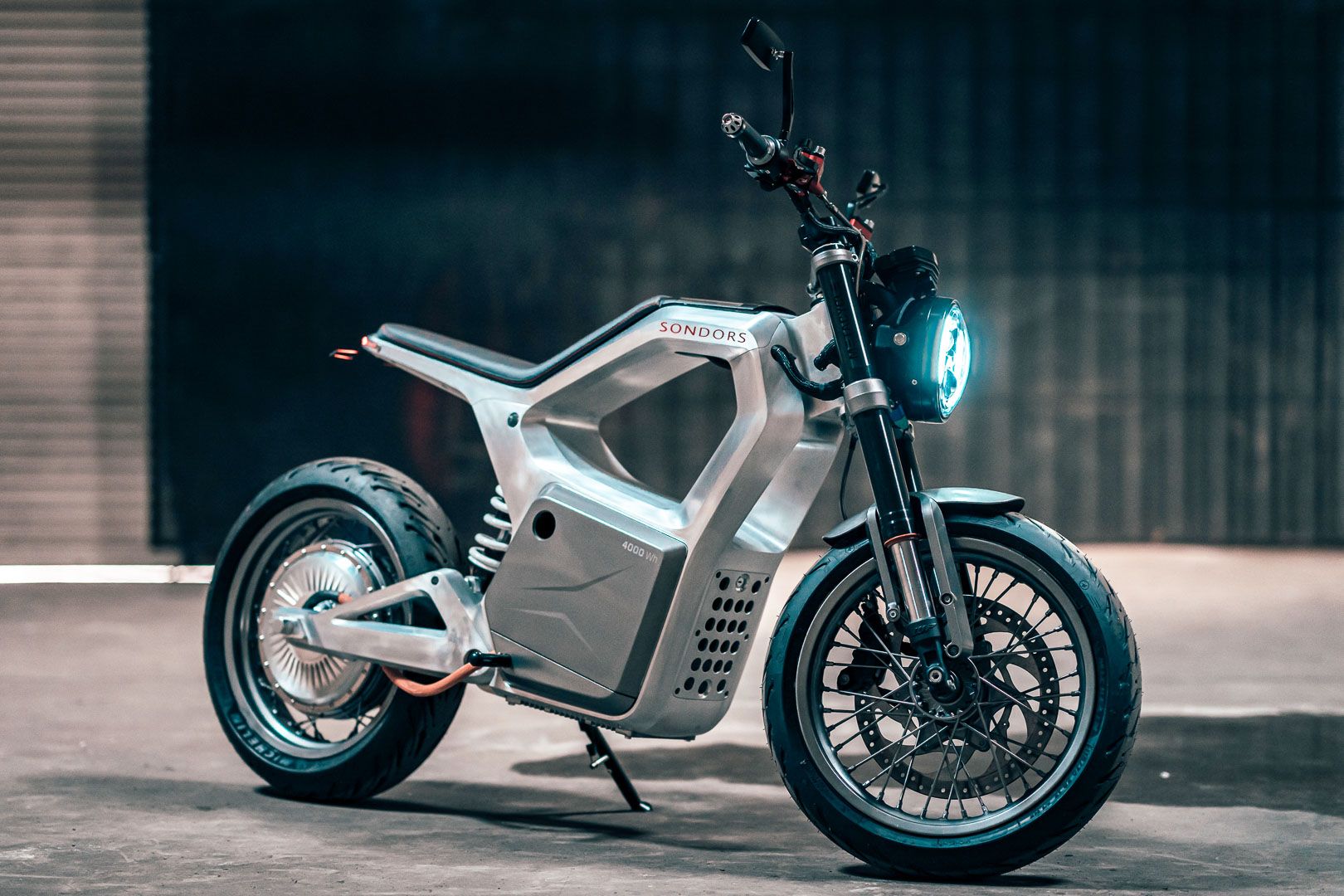I have solar on my Roof and a battery to be able to use it during high peak / no sun periods and the reality of the Utility agreement is not that simple.
On a simplified level:
Utility companies are businesses, they buy Energy at a Wholesale rate (ie: $.03/kWh) and sell it at retail rates (ie: $0.12/kWh). The difference (the operating margin) pays for their costs (people, infrastructures, repair and maintenance of the grid etc…) and margin (R&D, expansion…).
When you have a Solar system tied to the grid, you are still, using the grid, you just become an occasional provider of electricity, so
business wise, there is no reason the Utility should buy your electricity for more money than they can buy it elsewhere 
And if they did, as more and more people have solar, their differential between the purchase costs and the selling revenue would shrink, lowering their operating margin, and forcing them to increase the retail price to maintain operability / profitability.
On a more detail level:
Many utilities offer Net Metering Contracts (NEM) that work on a yearly basis. These actually provide quite a benefit to the user.
At first the electricity you send back to the grid it is credited to you at retail price. That credit is then used to offset the cost of the electricity you import when you have no solar. So if you export during mid peak and import during mid peak it is a wash. If you export during low peak and import during high peak, you pay the difference. If you export during high peak and use during low peak, you keep more credit.
THEN at the end of the year (at True Up) if you owe more, you pay. If you still have credits from the above, it is canceled, and instead you get Wholesale price for the surplus of kWh exported.
This is actually a gift/incentive for solar users, as business wise, it does not quite make sense for the Utility




